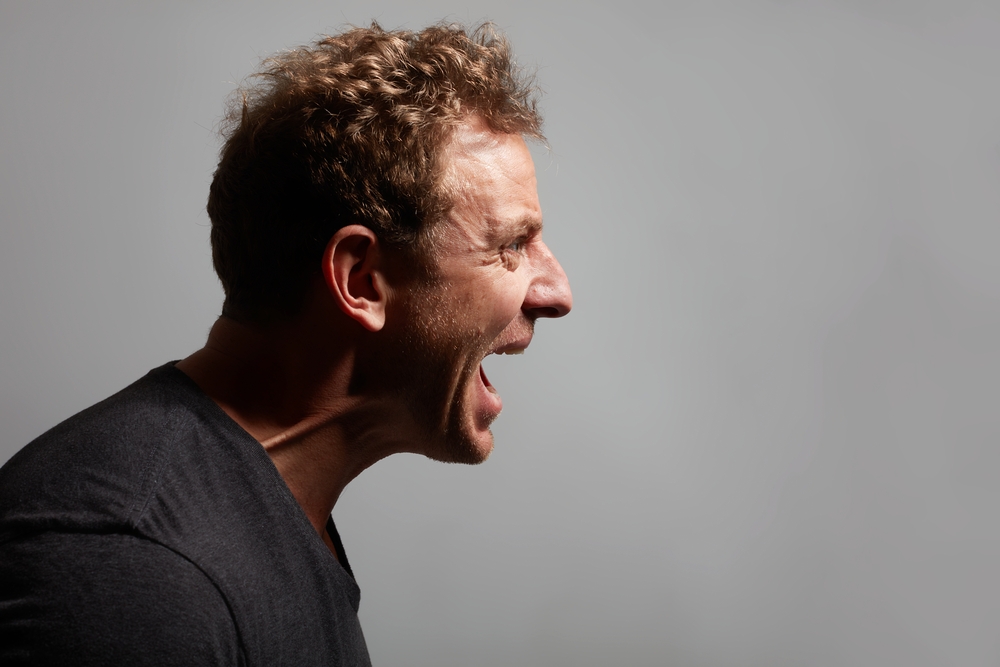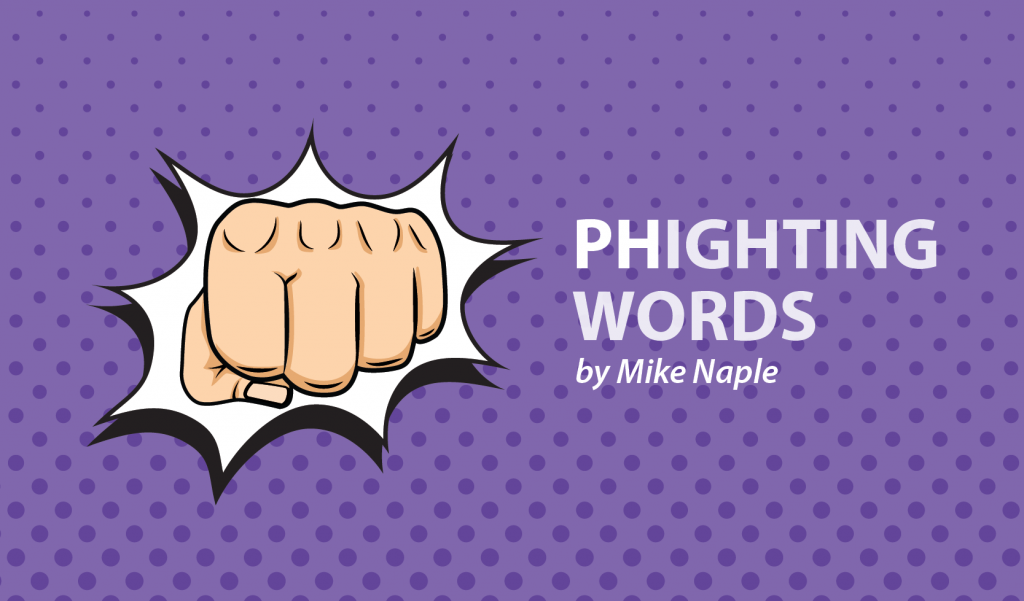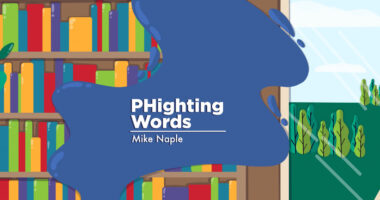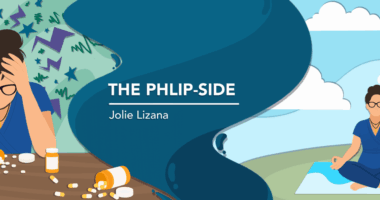The PHun Side of Anger


I’m going to get this out of the way. There is no fun side of anger, regardless of how you spell it. I never considered myself an angry person. I saw myself as someone who overcame obstacles, was persistent, and fought and worked hard for the things I wanted to achieve in life. Never angry.
We all carry a lot in life, much that can make us feel angry, upset, or limited because of our own circumstances. I have experienced no shortage of indulging in those emotions throughout my life as we all struggle with how to interpret and make the best of the cards we are dealt.
I remember when I was first diagnosed with pulmonary hypertension, a rare, chronic disease that affects the heart and lungs. I don’t think I was mad initially; I had grown up with my fair share of medical challenges and health struggles, so while I was in the hospital I didn’t necessarily feel a sense of anger from the diagnosis. If I’m being honest, I actually felt a sense of relief and temporary calm now that I knew what had caused my shortness of breath for many months before.
It was later on, during my months of recovery — when I didn’t return to work — that the anger started to creep in a bit more. At the time, I was a communications director for a member of Congress on Capitol Hill in Washington, D.C., and there was much to do upon my return. I felt like I was missing out on opportunities to use my skills and expertise to add value to the congressman’s office.
Not being able to realize my professional potential at a time when I needed to focus on my physical and mental health and well-being was difficult for me to accept. No doubt, of course, I was experiencing some level of anger attributed to my new life as a person living with pulmonary hypertension. While pulmonary rehabilitation filled the more exciting parts of my day at the time, I still didn’t feel completely comfortable in this new skin.
Carrying around an oxygen concentrator didn’t really make that new skin feel any more like home. To my embarrassment and my detriment, I would act out at my loved ones, family, and friends because I did feel angry about my circumstances. To be clear, I didn’t feel bad for myself, just angry that I would need to adapt to a life with new limitations. I also learned, in not quick time, that anger can be a toxic and poisonous tool that when waged in battle never actually helps us get what we’re looking to achieve.
During my commute Monday morning, I read an article from brainpickings.org that my younger brother sent my way. He qualified it by saying he didn’t consider me angry, but that I would appreciate some of the reflections on the human nature of the emotion of anger. The piece is a review of a chapter in Ursula K. Le Guin’s book, “No Time to Spare: Thinking About What Matters,” a collection of non-fiction essays.
While the review focused on the use of anger as a means to help achieve social justice and affect change, I connected more with Le Guin’s notion that anger is a reaction or response to fear. The piece quotes her work saying:
“My fears come down to fear of not being safe (as if anyone is ever safe) and of not being in control (as if I ever was in control). Does the fear of being unsafe and not in control express itself as anger, or does it use anger as a kind of denial of the fear?”
I could not be happier that my brother gifted me with this understanding of anger as it relates to fear. Living with PH, I think I felt resistant to the emotion of fear, so it was easier to be angry with my immediate limitations, like walking only a few blocks before becoming out of breath, adapting to a new medication schedule, or feeling exhausted all the time. But that sense of anger really masked the fear that PH is a chronic illness with no cure. You would forgive me for not feeling safe or in control sometimes, if not all the time, as Le Guin notes, adjusting to the new normal of living with PH.
I think it’s safe to say that if you took a poll of the people in my life, they would agree that expressions of anger, mostly in response to fear, would be a side effect of my PHight.
Interestingly enough, Le Guin closes her essay with the following inquiry:
“What is the way to use anger to fuel something other than hurt, to direct it away from hatred, vengefulness, self-righteousness, and make it serve creation and compassion?”
That seemingly rhetorical question is what I have spent most of the last year trying to do — channeling anger and other difficult emotions into opportunities for compassion and understanding in my own life and among the larger PH community, with the goal of putting a positive spin on the PHun side of anger.
Follow Mike Naple on Twitter @mnaple.
***
Note: Pulmonary Hypertension News is strictly a news and information website about the disease. It does not provide medical advice, diagnosis, or treatment. This content is not intended to be a substitute for professional medical advice, diagnosis, or treatment. Always seek the advice of your physician or other qualified health provider with any questions you may have regarding a medical condition. Never disregard professional medical advice or delay in seeking it because of something you have read on this website. The opinions expressed in this column are not those of Pulmonary Hypertension News or its parent company, Bionews Services, and are intended to spark discussion about issues pertaining to pulmonary hypertension.








Joanne
Wow, Mike. Another direct hit. I've been grappling with my anger issue for the past several years. I can't just blame PH and site pain from my pump. I have to add in two additional illnesses, a divorce and the loss of my brother and fellow PH patient in 2015. I've found that shouting at the rain can feel good sometimes (we all need to vent), but taking it out on loved ones does not. And now, I'm off to go find the book you mentioned. Please keep writing! I'm sharing your articles with my PH support group and you're really helping us deal with PH life's challenges.
Tim Neal
Hey, Mike. Thank you for your article,It really hit home for me. I also have been dealing with my anger issues for the past year since my diagnoses with Sever PAH. and getting used to the CADD-MS 3 pump, the site pain, Medication, titrating up and the consent feeling of letting my Wife and Daughters down due to my illness and lost income.
I also am in search of the book you mentioned. THANK YOU!